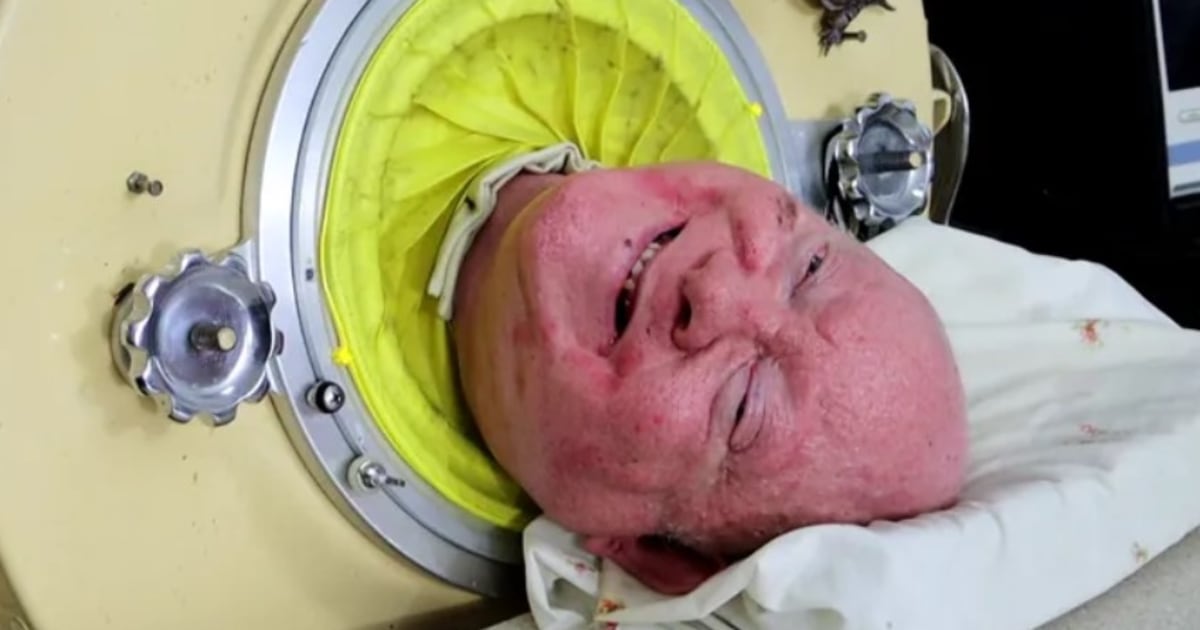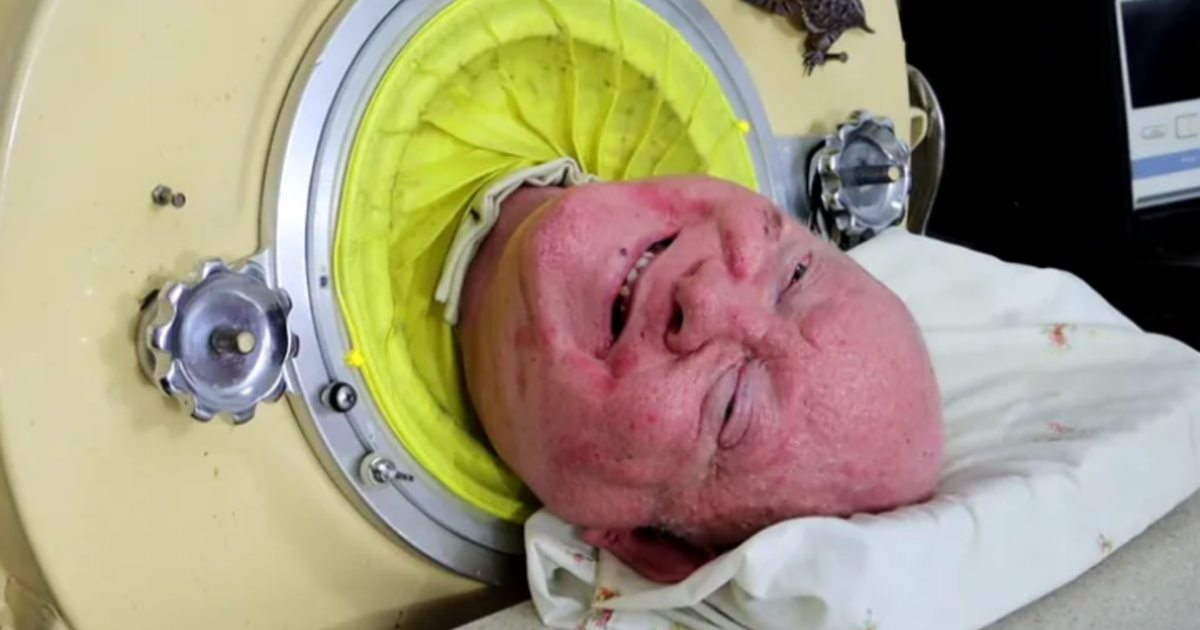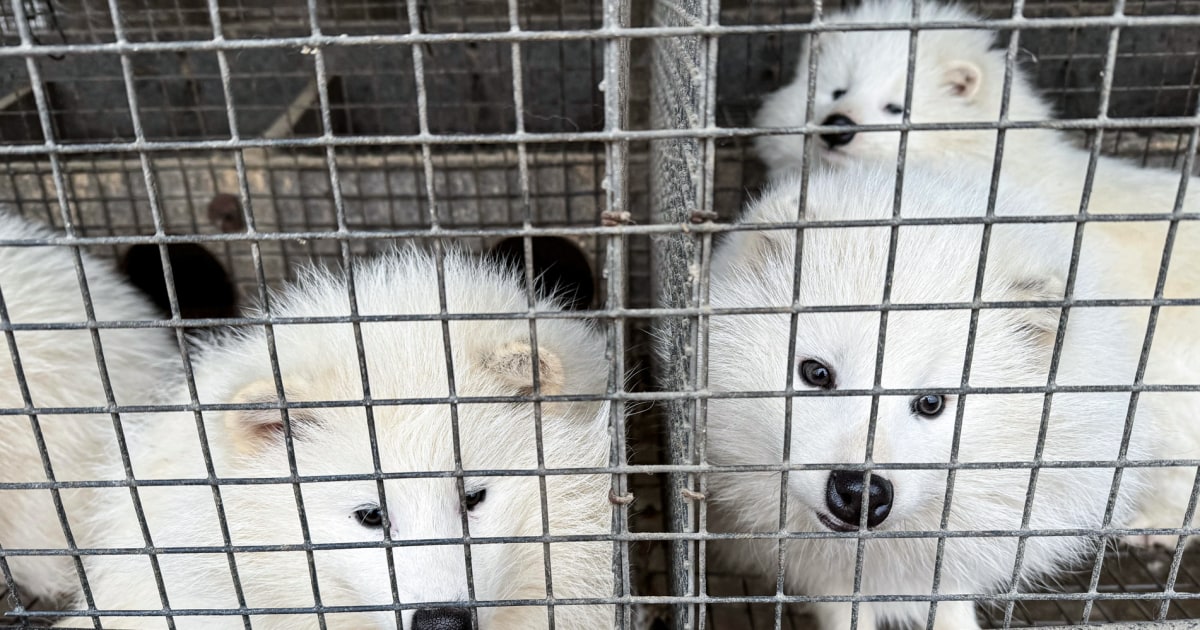By Evan
BushNBC News
Are you still having trouble with your sense of smell after getting sick with COVID-19?
You are not alone.
Around 5% of patients with confirmed cases of COVID-19 – some 27 million people worldwide – are estimated to have suffered a lasting loss of smell or taste, a new study suggests.
In the analysis published Wednesday in The BMJ (the peer-reviewed medical journal of the British Medical Association), the researchers evaluated 18 previous studies on loss of smell and taste across multiple continents and in various demographic groups.
About three-quarters of those affected by loss of taste or smell regained those senses within 30 days.
Recovery rates improved over time, but about 5% of people reported "persistent dysfunction" six months after their COVID-19 infection.
Research suggests that loss of smell and taste may be a long-standing concern that requires further study and healthcare resources for patients struggling with long-term symptoms.
Millions of people are believed to continue to suffer from loss of smell or taste after falling ill with COVID-19. Shahrzad Elghanayan / NBC News;
Getty Images
Loss of smell has been linked to higher mortality rates in older adults and has been shown to have significant repercussions on people's emotional and psychological well-being, said Dr. Zara Patel, a Stanford University rhinologist who was not involved in The BMJ investigation.
"The fact that there are now millions more people around the world with diminished olfactory ability may simply be a new public health crisis," Patel said.
[Why are there people who have not gotten sick with COVID-19? The BA.5 variant could break that luck]
Loss of smell was one of the clearest symptoms of COVID-19 in the early days of the pandemic.
"You could track the disease around the world"
by analyzing Google searches for loss of smell, the rhinologist added.
Biden attributes his rapid recovery from COVID-19 to his government: "And now, I return to the Oval Office"
July 27, 202201:57
The BMJ review offers a comprehensive review of studies on smell around the world and over time.
Data from nearly 3,700 patients were included in the analysis.
It also contains studies from North America, Europe, and Asia, and it was noted that women were less likely to regain their sense of smell and taste than men.
Patients with greater nasal congestion were also less likely to regain their sense of taste.
[COVID-19 Infections Rise Where More Than Half the US Population Lives]
The analysis showed a steady increase in the proportion of people who regained their sense of smell over time.
At 30 days, about 74% of patients had recovered;
at 90 days, that figure rose to 90%.
After six months, about 96% of the patients claimed to have regained their sense of smell.
The US asks to avoid trips to El Salvador and Honduras due to the increase in cases of COVID-19 in those countries
July 27, 202200:21
Scientists are beginning to understand how COVID-19 affects olfactory function.
The coronavirus usually causes inflammation in the olfactory cleft, that is, the passages in the upper part of the nasal cavity where humans perceive the sense of smell and process flavors beyond the basic ones, such as sour or bitter.
The researchers believe that the virus does not initially infect olfactory neurons, but attaches itself to supporting cells, which help the neurons provide a signaling pathway.
[A 13-year-old boy fights for his life after contracting the 'brain-eating amoeba' in Florida]
Patients who suffered loss of smell after becoming ill with coronavirus constitute a unique subgroup, said Dr. Aria Jafari, a rhinologist at the Sinus Center at UW Medicine University in Seattle, who was not involved in the new analysis.
"They tend to get better, and fairly quickly, which makes sense based on which cells are affected."
Cases of the new BA.5 subvariant of COVID-19 increase and create anxiety among travelers
July 15, 202201:09
Jafari claimed that about half of his olfactory-deprived patients likely had COVID-19 at some point.
Many experienced dramatic impacts to their well-being due to the loss.
"They are often distressed by the loss of their sense of smell. It is such an important part of our daily lives and what makes us human," Jafari said, adding that he has treated a chef, a chocolatier and others whose livelihood depends on of its ability to determine odor and taste.
"The most common thing I hear is that it leads to social isolation and feeling disconnected from the world and society as you know it. And that can be really upsetting
. "
[The "nightmare" of this New York resident infected with monkeypox illustrates how ill-prepared the health system is (again)]
Jafari said many patients also describe a "can be distressing" transition period when smell returns, in which they smell things that aren't there -- like burning rubber or smoke -- or experience abnormally unpleasant odors.
Mexico uses a squad of dogs to detect new infections of COVID-19
July 23, 202200:46
People who can't smell or taste may have higher rates of psychiatric illness, depression and anxiety, Jafari said.
In one extreme case, the doctor treated a patient who became malnourished after losing his senses of smell and taste.
Smell underlies how we relate to others and make our way in the world, dictating "first impressions of other people, whom we choose for sexual encounters or lifelong partners," Patel said.
Studies suggest that olfactory cues may subconsciously influence how attracted people are to others, based on their genetics.
The analysis is supported by studies that use self-reported data.
Patel said this could underestimate the true cost of olfactory dysfunction and skew some of the research findings, as people are sometimes unable to perceive how much sensitivity they've lost.
The study authors agree.
Biden talks about the benefits of Paxlovid, the drug he received after contracting COVID-19
July 27, 202203:59
“Many previous analyzes have shown that objective olfactory tests can identify far more patients with smell loss than asking them to say so themselves,” Professor Song Tar Toh, study author and head of the study, wrote in an email. Department of Otolaryngology-Head and Neck Surgery, Singapore General Hospital "The true number of people affected is likely to be much higher than our estimate."
Patel suspects that the true rate of olfactory dysfunction among those who have experienced COVID-19 could be higher than 20%.
It could be that women are not more likely to fight recovery, but are more perceptive of a prolonged deficit in their olfactory ability.
"Women, in general, have, on average, a more acute sense of smell than men
," said the rhinologist. "We know that people with a more acute sense of smell and taste are much more likely to recognize when have a loss and are more likely to seek care for a loss.
[The WHO asks not to stigmatize those infected with monkeypox after declaring a global emergency]
Jafari said The BMJ's analysis is broadly consistent with his clinical experience and his observations of patient recovery.
"It's good to collate data from around the world to better understand what's going on and remove some variability from these analyzes specific to a patient population or institution," he added.
"It raises the level of evidence, overall, to support what we as sinus surgeons see in our offices."
Monkeypox has been stigmatized as a disease of gay men, but it is not.
July 25, 202202:33
Initial versions of the omicron variant seemed to affect the sense of smell less than previous waves of coronavirus, Patel said.
But the latest subvariant, BA.5, could reverse that trend.
"We don't have enough data yet to know for sure," Patel said.
"Now, in my clinic, I'm starting to see an uptick again."
There are treatments for people who have lost their sense of taste and smell due to COVID-19.
[
Rental Health: An Investigation of Latinos Making a Living in Clinical Trials]
Structured olfactory training – in which patients snort essential oils like lemon, clove, eucalyptus and rose twice a day to stimulate different types of neurons – can retrain the brain to recognize different smells.
Doctors often prescribe a steroid rinse for the sinuses to decrease inflammation and aid training.
Coronavirus outbreak detected at Los Angeles International Airport
July 27, 202200:22
Some emerging evidence suggests that Omega 3 fatty acid supplements might be helpful for patients with olfactory dysfunction.
Patel and others are exploring more treatments, such as nasal injections of platelet-rich plasma and electrical stimulation.
Patel said he hopes research funding and public interest in smell and taste dysfunction will continue to grow so that researchers can dig deeper and discover new treatments.
Before the pandemic, "it was the orphan sense, the Cinderella," Patel said.
"Only after so many millions of people have been affected or had loved ones affected, are people coming to understand the enormous impact smell and taste have on quality of life."















